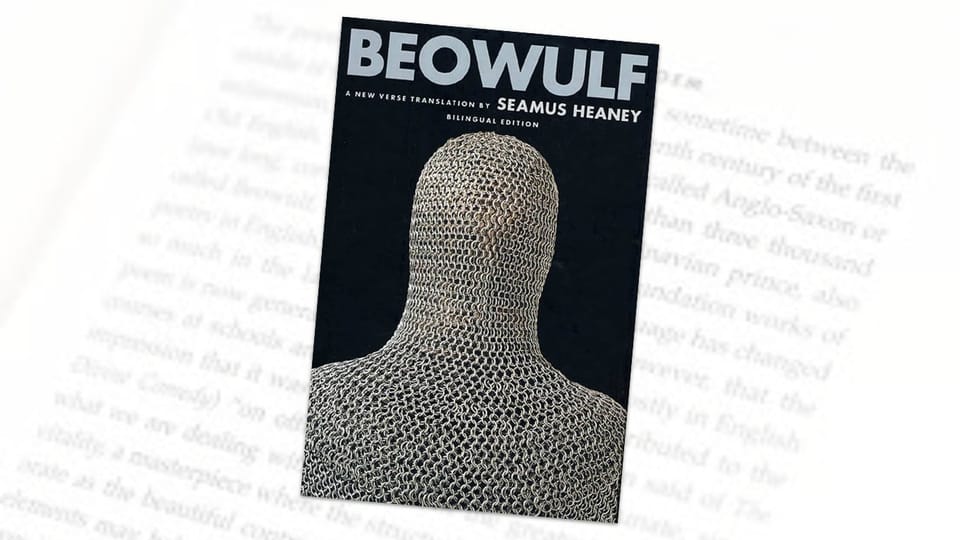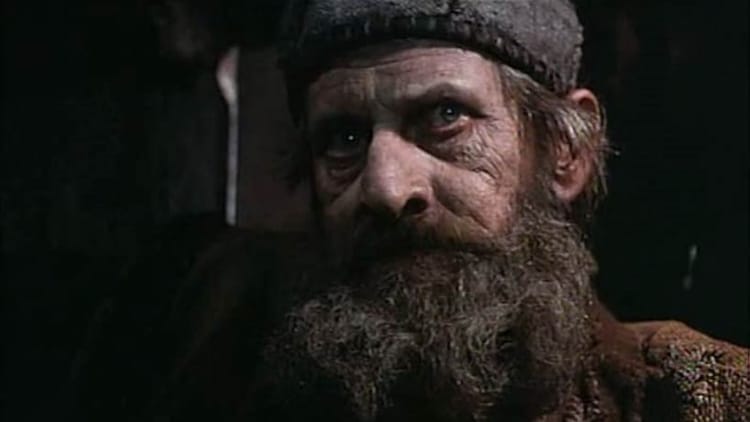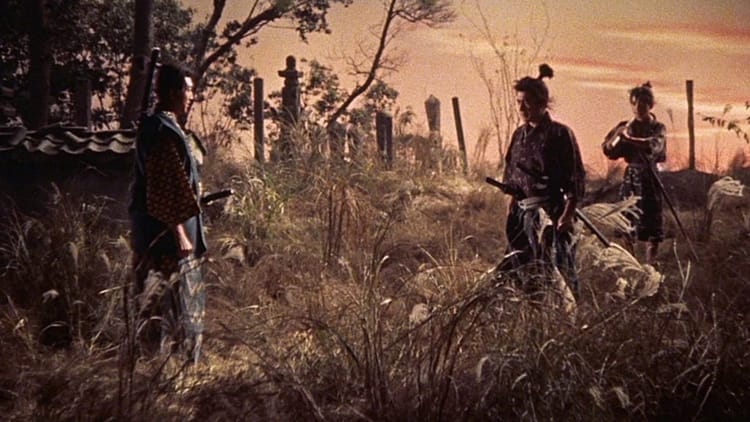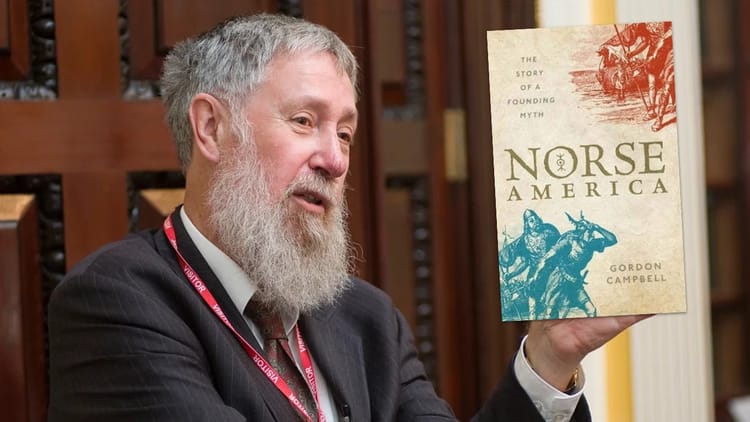Beowulf: A New Verse Translation

Alright, let’s set the stage. Old English literature—yeah, the dusty, gritty stuff like Beowulf—has always been a battleground, a clash of ideologies. Over at Oxford and Cambridge, they weren’t just talking about literature; they were duking it out over the soul of Englishness itself. You’ve got Oxford in the early 20th century; all twisted up about whether studying Anglo-Saxon was some kind of betrayal of the classy Greeks and Romans. Thomas Case even called it “the savagery of the Goths and Anglo-Saxons,” like we were all one step away from throwing axes in the lecture hall. But then you’ve got Tolkien and Lewis—the dynamic duo—showing everyone how this old-school mythic stuff can hit you right in the moral and spiritual gut. They turned dusty manuscripts into timeless epics, man.
Now, let’s talk Beowulf. This isn’t just a poem—it’s a cultural flashpoint. During World War I, English scholars are sweating over its Germanic roots, like maybe studying this Old English stuff is too close to buddying up with the enemy. Cambridge tries to finesse this by shoving Anglo-Saxon into its own faculty while still waving the flag for a rugged, raw version of English identity. Authentic English, they said, wasn’t flowery or delicate—it was tough, grounded, and ready to throw down. Think gnarled trees, mossy stones, and a fistful of mud. That’s their vibe.
Then along comes Seamus Heaney in 1999, kicking down the door with his Beowulf: A New Verse Translation. Heaney doesn’t just translate this poem—he claims it. This guy finds his way in through a single word: “thole,” an old Anglo-Saxon term for “to suffer” that still lingers in the Ulster dialect of his Irish roots. Boom. That’s his anchor. From there, he creates something that’s part modern, part ancient, and all badass.
So. The Spear-Danes in days gone by
And the kings who ruled them had courage and greatness.
We have heard of those princes, heroic campaigns.
Heaney’s Beowulf isn’t just some literal, line-for-line slog. No, he captures the music, the rhythm, the pulse of the original. Phrases like “feud-calloused hand” and “blood-caked claw”? That’s Heaney channeling the kenning magic of the Old English tradition, making it fresh, visceral, alive. He gets the heroism, but he doesn’t miss the melancholy either. This isn’t just about slaying monsters—it’s about what’s lost in the fight.
What makes Heaney’s translation sing is that it’s not just a tribute—it’s a reinvention. He bridges the divide between Christian and pagan worldviews, much like the original poet did, and he weaves his own Irish heritage into the Anglo-Saxon framework. Heaney isn’t just translating; he’s wrestling with the big stuff—identity, culture, belonging. This guy is standing on two shores, Irish and English, and somehow holding them together in one voice.
Ultimately, Heaney’s Beowulf is a masterclass in what literature can do. It doesn’t just dust off the past; it drags it into the present, makes it speak, makes it matter. Heaney turns a thousand-year-old poem into something modern audiences can feel in their bones. That’s not just talent—that’s magic.





